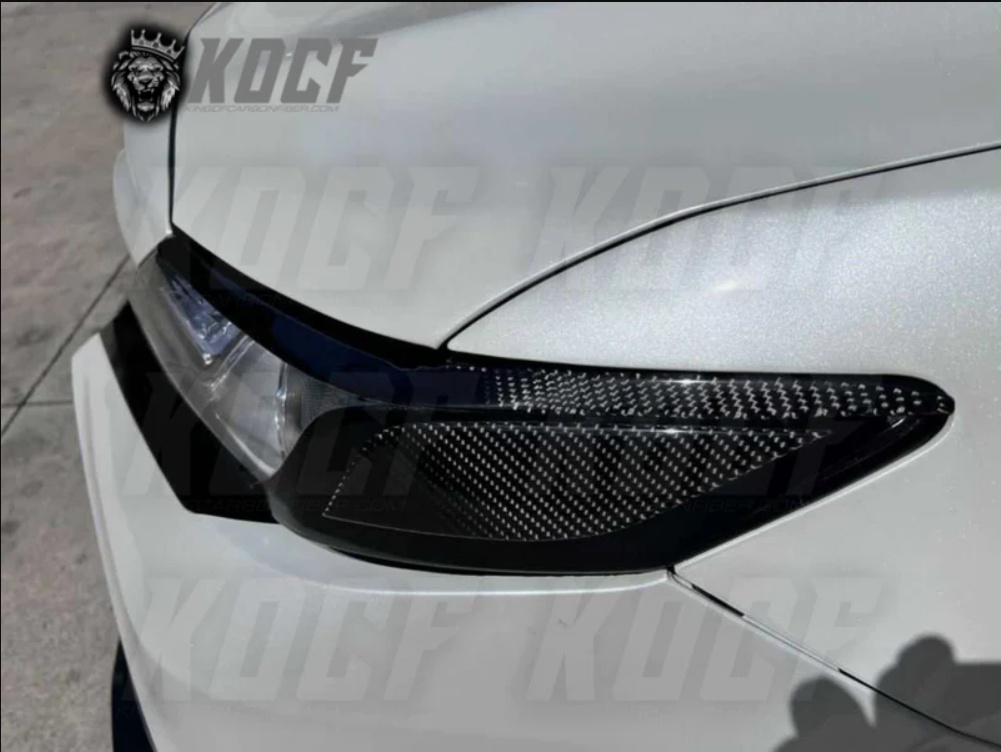Spoilers come in a variety of materials, each with its own advantages and disadvantages. The most common spoiler materials include fiberglass, carbon fiber, and ABS plastic. Here's a breakdown of each material and its suitability for your car.
Fiberglass: Fiberglass is a lightweight and affordable material that is commonly used for spoilers. It is relatively easy to install and can be painted to match the color of your car. However, fiberglass is not as strong or durable as other materials, and it is more prone to cracking or breaking if it is subjected to impact or rough handling.
Carbon Fiber: Carbon fiber is a strong and lightweight material that is commonly used in high-performance cars. It is more durable than fiberglass and can withstand impact and rough handling better. Carbon fiber spoilers also have a sleek and sporty look that adds to the overall appearance of the car. However, carbon fiber is more expensive than fiberglass, and it requires special care and maintenance to keep it in good condition.
ABS Plastic: ABS plastic is a lightweight and affordable material that is commonly used in aftermarket spoilers. It is more durable than fiberglass and can withstand impact and rough handling better. ABS plastic spoilers can also be painted to match the color of your car. However, they may not be as strong or durable as carbon fiber, and they may not offer the same level of performance.
In conclusion, choosing the right spoiler material for your car depends on your needs and budget. Fiberglass is a good choice for those who want an affordable spoiler that can improve their car's appearance. Carbon fiber is best suited for those who want a high-performance spoiler that can withstand impact and rough handling. ABS plastic is a good compromise between affordability and durability, making it a good choice for those who want a durable spoiler that won't break the bank. Ultimately, the right choice will depend on your individual needs and preferences.


No comments yet